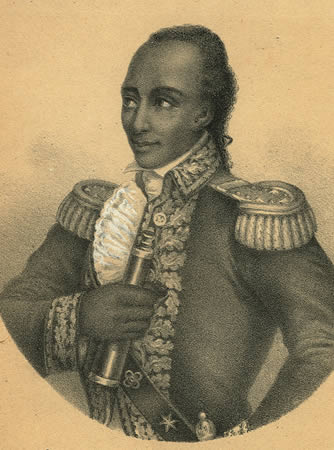
'Your high independence only reveals the immeasurable
distance between us. The blessings in which you, this day, rejoice, are
not enjoyed in common.ÑThe rich inheritance of justice, liberty,
prosperity and independence, bequeathed by your fathers, is shared by
you, not by me. The sunlight that brought light and healing to you, has
brought stripes and death to me. This Fourth July is yours, not mine.
You may rejoice, I must mourn. To drag a man in fetters into the grand
illuminated temple of liberty, and call upon him to join you in joyous
anthems, were inhuman mockery and sacrilegious irony. Do you mean,
citizens, to mock me, by asking me to speak to-day? If so, there is a
parallel to your conduct. And let me warn you that it is dangerous to
copy the example of a nation whose crimes, towering up to heaven, were
thrown down by the breath of the Almighty, burying that nation in
irrevocable ruin! I can to-day take up the plaintive lament of a peeled
and woe-smitten people!'
“The Meaning of July Fourth for the Negro” by Frederick Douglass, 1852
libfreeordie on July 4, 2013 at 9:41 AM
Slavery was first established in the Colonies when a man sued in
court claiming that his servant, John Casor, a black man, was his ‘for
life.’
In 1655, the court agreed and the man was recognised as the owner of his servant ‘for life.’
This ruling established slavery in the Colonies.
Thus, this man was the first individual in the Colonies to own slaves.
The man, the first slave owner in the Colonies, was a very successful property owner and tobacco farmer.
He had been an indentured servant in Jamestown after being captured and sent to Virginia.
He had been born in Angola.
His name was Anthony Johnson…and he was black.
‘In the 1640s John
Casor was brought from Africa to America, where he toiled as a servant for a
Virginia landowner. In 1654 Casor filed a complaint in Northampton County
Court, claiming that his master, Anthony Johnson, had unjustly extended the
terms of his indenture with the intention of keeping Casor his slave for life.
Johnson, insisting he knew nothing of any indenture, fought hard to retain what
he regarded as his personal property.
After much
wrangling, on March 8, 1655, the court ruled that “the said John Casor Negro
shall forthwith be returned unto the service of his master Anthony Johnson,”
consigning him to a bitter lifetime of bondage. Given the vulnerable legal
status of servants—black and white—in colonial America, the decision was not
surprising But the documents reveal one additional fact of interest: Anthony
Johnson, like his chattel Casor, was black….’
One of the first people to write about the history of black ownership
of slaves in America was Carter G Woodson, whose grandparents and father had
been slaves. His book, Free Negro Ownersof Slaves in the United States in 1830, was published in 1924. In it, Woodson provides the names and numbers
of slaves owned by black freemen according to the United States Census of 1830.
According to the Census, there were 965 free black slave owners in
Louisiana, owned 4,206 slaves. In South Carolina, there were 464 black freeman,
who owned 2,715 slaves. All told, there
were 3,775 free blacks, who owned 12,740 black slaves, in 1830.
If we must continue to constantly debate the 'Original Sin' of the United States, can we at least do it honestly?
http://tinyurl.com/louo4y8
No comments:
Post a Comment